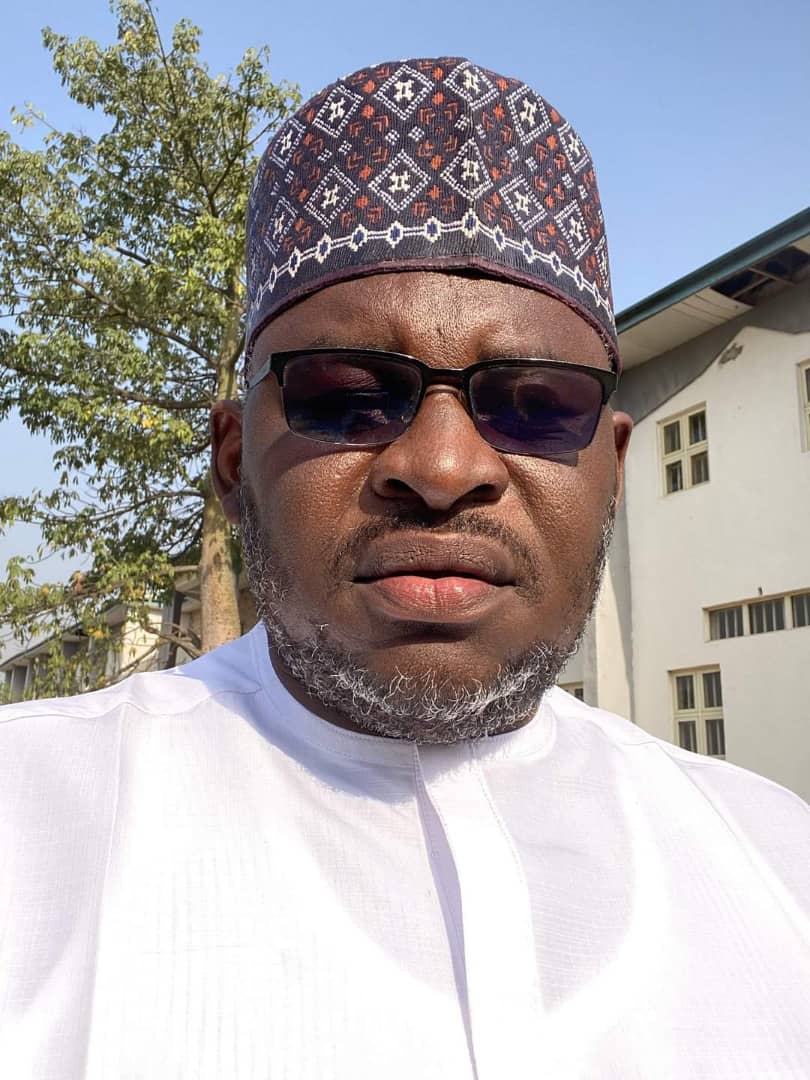By Dr Michael Terungwa David
Ahead of upcoming gubernatorial election in Ondo State, there are growing concerns over the choices that the electorate will likely make this time around. For the environmentalists and conservationists amongst us, their worries resonate squarely with the need to galvanize support for a climate-friendly candidate at the polls.
This concern stems from the realization that the gubernatorial election which is held every four years, presents another pivotal moment in shaping the trajectory of Ondo State’s socio-economic and developmental policies, including environmental sustainability and climate change issues.
Moreover, pundits believe that massive mobilization and support from the electorate for candidates with a proven commitment to environmental sustainability can sway election outcomes, adding that this should be the priority for the generality of all registered voters across the state as the election draws closer by the day.
Notably, the Independent National Electoral Commission (INEC), the electoral body which oversees elections in Nigeria has scheduled the off-cycle governorship election in the state for Saturday 16 November 2024. The commission said 17 political parties are fielding candidates for the election, noting that the campaigns have also been officially flagged off.

“As parties commence this critical phase of the election, the commission once again reminds candidates, agents and their supporters of the provision of the law and the commission’s guidelines governing such activity.
“For emphasis, parties shall conduct their campaigns with civility and decorum devoid of inciting language, violence, voter inducement and other infractions in accordance with the provisions of Section 92-97 of the Electoral Act 2022”, INEC said in its message to all the parties and their candidates.
Why climate issues matter to Ondo voters in this year’s governorship election
As a state that is geographically situated along Nigeria’s coastline which runs through seven Southern States of the Federation, Ondo State has been grappling with a myriad of devastating and destructive climate and weather phenomena, over the years.
Within the last three decades, the state which has 75 kilometers of Atlantic coastline, making it the longest unbroken seashore in the country, has experienced unprecedented coastline recession, coastal erosion, tidal floods, sea incursion, rising sea and its concomitant effects, the loss of land caused by the removal of protective bedrock from the shoreline, as well as other related astronomically generated offsets caused by geomorphological forces.
Coastal areas are low-lying, fragile and very fascinating ambience endowed with a lot of lucrative economic activities and diverse ecosystem. In fact, most communities in the Western Niger Delta area of Ondo State have been actively engaged in the available socio-economic activities in the area. For some local people, this has been a source of livelihood and revenue generation for them for many decades. Unfortunately, as a threat multiplier, the impacts of climate change have apparently changed the narrative somehow, for the wrong reasons.
For instance, Ayotoro community in Ilaje Local Government Area (LGA) of the state, which used to be one of the premier fishing towns along the Ondo coastline, currently lies below the sea level, a hot spot of sea surges that are evidently induced by climate change. The town, according to a resident, is almost becoming a ghost of itself due to the sea incursion that has become a constant occurrence.
Sadly, two-third of Ayetoro community has been claimed by coastal flooding due to the rise in the sea levels. “Where we are is a new settlement, the old Ayetoro has been taken away by the sea and if you look where the sea is now, that is the end of the former Ayetoro”, another eye witness lamented.
Experts say the melting glacier contributes to the rising sea level, which led to the devastating coastal flooding experienced in Ayetoro. According to a flood risk specialist, Ogunwumi Taiwo, the industrial activities of the oil-producing companies lead to CO2 emissions, which destroy the ozone layer and further lead to rising temperatures, increasing evaporation and glacier melting.
“What is happening in Ayetoro show that climate change is real”, a native of the community stressed.
Similarly, those whose major source of revenue is fishing have been struggling with what some experts have referred to as the ‘Fish Extinction Syndrome’, which started over a decade ago in some of the coastal communities. Lending credence to this development, Prof. Chioma Nzeh of the Department Zoology at the University of Ilorin said the situation has been exacerbated by climate change.
In a related development, a recent study conducted to determine the trend of cocoa yield and climatic variables and assessment of the impact of climate change on the future yield of cocoa in Ondo State, showed that yield decreased monotonically at the rate of 492.18 tonnes yearly.
By and large, the ecological and environmental problems bedeviling the state, are indeed enormous. In its prediction for the 2023 fiscal year, the Nigerian Meteorological Agency (NiMET) listed Ondo, which is also known as the ‘Sunshine State’ as one of the states predicted to witness flooding due to heavy rain. Behold! That prediction was fully manifested across the state during the course of the year.
It is also pertinent to mention here that some local government areas in the state have been listed for ecological intervention by the World Bank. On its part, the state government through its Ministry of Environment and other relevant agencies, are also bracing up to the challenge within the available resources.
Interestingly, the state currently has a functional full-fledged department saddled with the responsibility of coordinating all climate change related activities in line with best global practices. The department deals with the weather predictions, and the impacts of different weather and climate conditions. Though it has not done much due to inadequate funding, yet it has successfully drafted the state Climate Change action plan completed for stakeholder review. The department has equally facilitated the establishment of Climate change desk offices in all relevant Ministry, Department and Agencies (MDAs) and LGAs in the state.
Bringing climate to the electioneering table
As the electioneering for the November governorship polls gathers momentum, the need for the electorate to massively support and vote for environmentally conscious candidate has become increasingly paramount. This is so important because of the urgency that is needed to address climate change, which is already permeating and creating grave impacts on the various aspects of life in the society and this is taking its toll on the citizens of the state.
Against this backdrop, it is imperative for the candidates and their respective political parties to not only prioritise climate action in their electoral agendas and manifestos but to also talk about it extensively during their campaigns, rallies, townhall meetings and debates. The voters need to know how any candidate vying for the office of the governor intend to tackle the multidimensional ecological and environmental challenges, as well as minimize the existential threats posed by climate change to the state.
In other words, whoever aspire to be the next governor of Ondo State should as a matter of necessity, unveil his party’s blueprint for environmental sustainability for the state during this crucial phase of the electioneering process This will go a long way in raising more awareness and enriching the campaign and give more insights to the electorate on the subject matter.
On their part, the electorate should ensure that they demand answers for the mind-boggling climate-related questions from candidates and representatives of the political parties that are in the race to lead the state. They must speak out and let the candidates know how dear environmental and climate issues are to their heart as a people.
Going forward
For this ideal aspiration become a reality, the gubernatorial candidates and the voters should have it at the back of their mind that the need to protect and preserve the environment from adverse effects of climate change and other cornucopia of ecological problems, is not negotiable. It is a collective responsibility and a necessity for the survival of our planet and future generations.
Therefore, to help protect the state’s environment better, the electorate must vote for a candidate that has what it takes to strengthen the MDAs in charge of environmental matters, particularly the Department of Climate Change in order to enable it carry out its mandate effectively.
In all honesty, Ondo cannot afford to have a governor who cannot take a decisive action on climate change, build climate-resilient infrastructure and seek partnership and collaboration with international organizations, especially within the global climate finance ecosystem.
The good people of Ondo State must therefore vote wisely in order to elect a pro-environment, climate-minded and eco-friendly governor who will courageously tackle the problems head-on. This is will surely make Ondo, a beautiful and lovely sunshine state indeed.
Dr Michael Terungwa David is a Vote4ClimateNG advocate and the Team Lead of Global Initiative for Food Security and Ecosystem Preservation- GIFSEP



